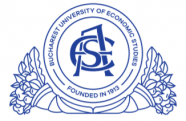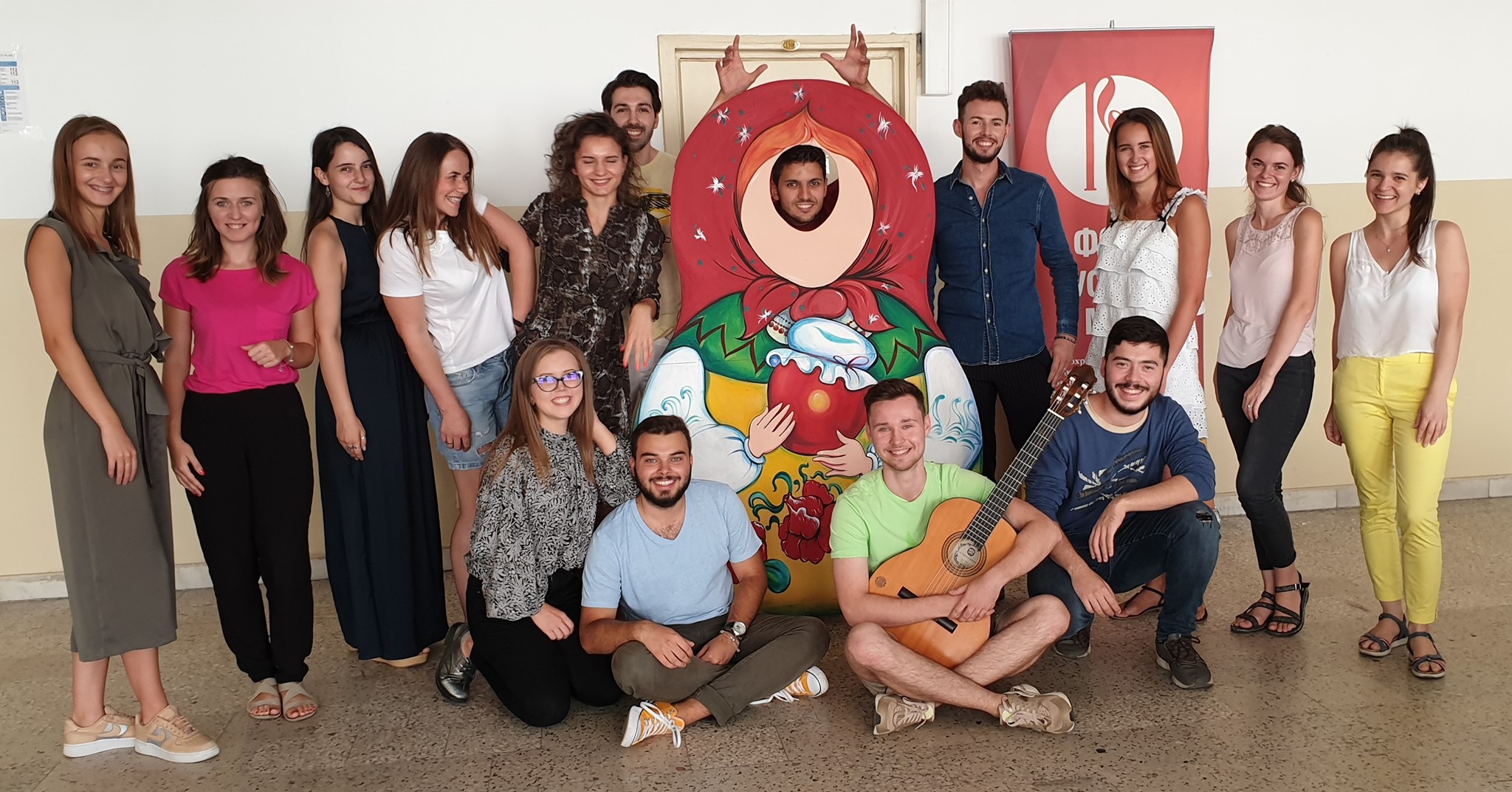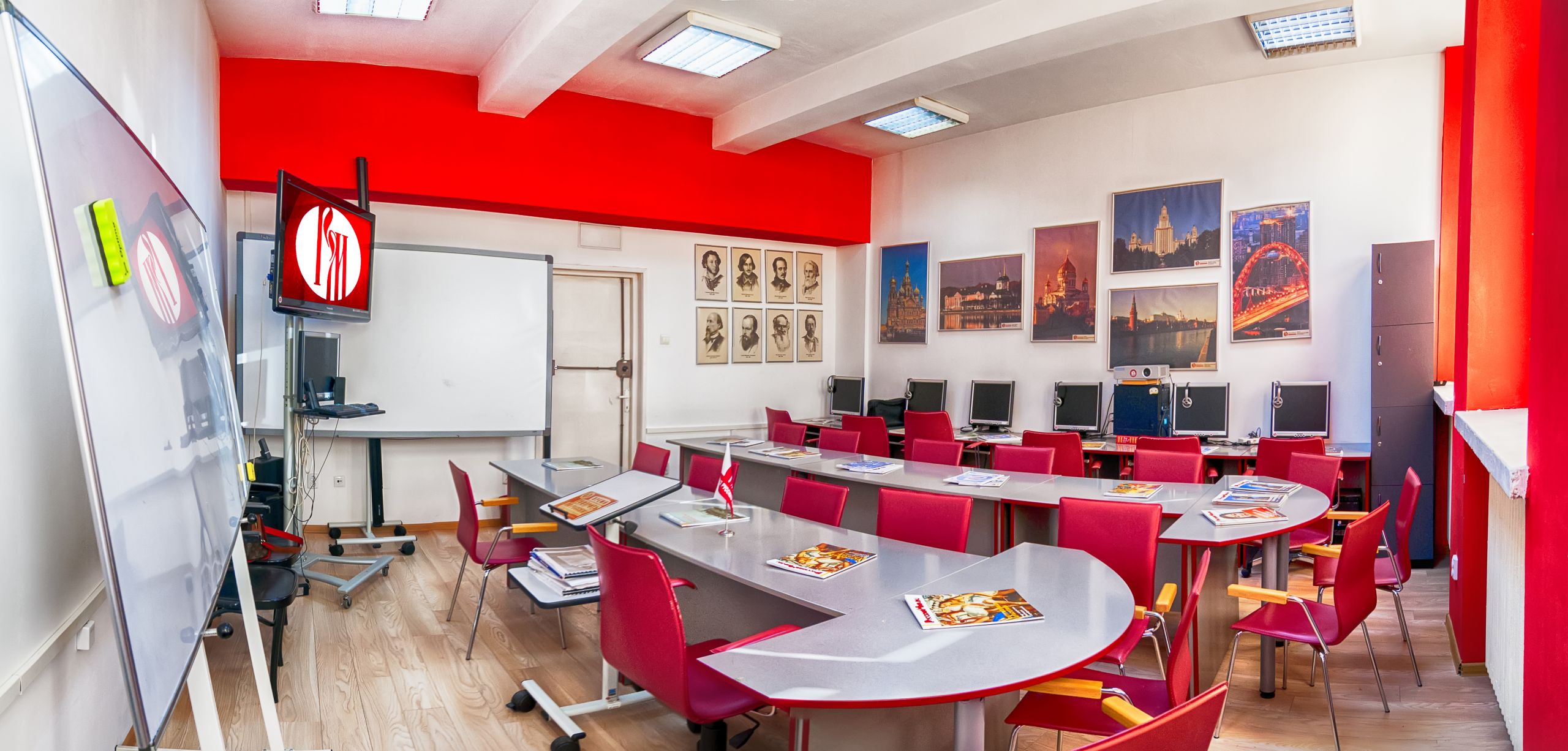Russian Cultural Centre – Bucharest University of Economics Studies
The Russian Cultural Centre in the Bucharest University of Economic Studies was inaugurated in December 2009, in partnership with the Russkiy Mir Foundation, Moscow (Russian Federation), due to the long-standing tradition of teaching Russian language, culture and civilization in the University, ever since the latter’s establishment in 1913 . Over more than a century, ASE’s curricula comprised Russian classes in a variety of forms: compulsory, optional and/ or elective disciplines. It was, thus, only natural that the economic students’ (and scholar’s) interest in developing proficiency of Russian be given a more comprehensive framework. In the decade lapsed since the establishment of the Centre, it has done its best to contribute to:
- the development of economic students’ multicultural and multilingualcompetences;
- the strengthening of the University’s ties with higher education institutionsabroad;
- the strengthening of the University’s ties with the businessenvironment.
To reach these aims, the Centre is well equipped with state-of-the-art infrastructure (computers, smart board, video projector) and facilitates free-of-charge access to more than 1500 print, electronic, audio and video materials from leading Russian information databases and publishing houses. Among the areas covered, we mention: arts, culture and civilization, education, economics, history, law, language, philosophy, psychology, science. Apart from Russian language classes, ASE’s students are offered a wide range of opportunities to practice and enhance their knowledge of linguistic and cultural aspects, through participation in various scientific and cultural events organized on campus and off campus. From among the on campus events, we mention: the annual students’ conference, where they elaborate and present papers in Romanian, English and Russian on topics related to Russian culture and civilisation; meetings with cultural and diplomatic figures from the Russian Federation; meetings with outstanding Russian personalities – e.g. chess grandmaster Anatoly Karpov, astronaut N.M. Budarin ; movie nights etc. From among the off-campus opportunities, we mention: participation of students in world-famous festivals and summers schools for speakers of Russian: the International Russian Language Summer School in Varna, Bulgaria; the International Festival for Learners of Russian Language; the European Student Festival in Belgrad (Serbia), Kamchia and Kiten (Bulgaria); the World Youth and Student Festival in Sochi, Russia. ASE’s Russian Cultural Centre teams participating in these festivals usually comprise Romanian and foreign students from ASE, but not only (e.g., students from the Faculty of Foreign Languages from the Universities of Bucharest, Constanța, Cluj Napoca, Timișoara may also be part of the team). On an annual basis, ASE’s Russian Cultural Centre recommends and takes part in selection of Romanian students for scholarships and study opportunities in the Russian Federation, as follows: four students per academic year are offered the chance to study at Saint Petersburg State University of Economics (UNECON), ASE’s strategic partner for almost 15 years; while 30 students per academic year enjoyed for more than 15 years their study abroad experience at the “A.S. Pushkin” State Russian Language Institute in Moscow.
Contact informations:
Phone: 021 311 8333
Email: comunicare_ccrus@ase.ro



